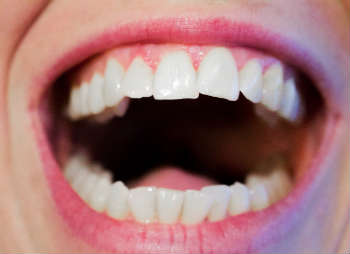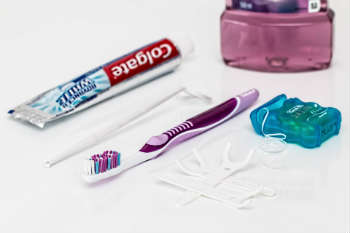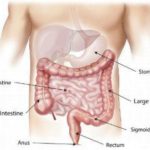Top 6 Things To Know And Be Aware Of About Oral Cancer
Oral cancer is a silent killer of almost ten thousand people each year. Why? Because most people do not get screened or checked for oral cancer until the disease has progressed to a late stage and little can be done to destroy it. What’s more, any cancer located so close to the brain and lymphatic system is almost always more lethal than any other kind of cancer because the cancer cells can get into the blood, the lymph and the brain and they do  not have far to travel. Here are several more things to know about this deadly disease and how to be more proactive about it.
not have far to travel. Here are several more things to know about this deadly disease and how to be more proactive about it.
Six Oral Cancer Facts
1. Fifty Thousand Will Be Diagnosed This Year
Fifty thousand cases of oral cancer are diagnosed each year. A few may be caught early, but most of these cases have a grim and short-lived diagnosis. Usually, these patients will not notice that there is anything wrong until secondary tumors begin growing out of their faces, necks or jawlines. By then the cancer has already spread and metastasized.
2. Smoking and/or Tobacco Products Are No Longer the Leading Cause
Oral cancers were once assumed to be the result of smoking and chewing tobacco. While that is certainly still true, a brand new cause is the basis of this disease– oral sex. A sexually-transmitted virus, HPV16 (or human papillomavirus 16) is now the leading cause of oral cancers in people under the age of 50. Vaccinations at the age of 12 for this virus will hopefully wipe out the strain of oral cancer caused by HVP16 in one to two generations, but until then, oral sex is definitely not safe sex anymore.
3. Routine Oral Exams Can Catch It Early
Unusual developments in your oral and dental health may be the start of oral cancer. Mouth sores on the insides of your cheeks and along your gums, bleeding, or feelings of pain where there are no visual signs could all be telltale symptoms of cancer.
When you know that something unusual or strange is happening to your mouth or throat orally, be sure to have a doctor check it out. Tests and x-rays can determine if you are in the first or second stage of the disease, which can help stop its progression.
4. Race Feels the Pain of Oral Cancer
Twice as many African-Americans will contract oral cancer than Caucasians. The assumed demographics of smokers and risky sexual behaviors in young African-Americans seem to be the contributing factors. Additionally, twice as many men (literally, two men to every woman) will contract oral cancer, making it a gender issue as well.
5. Oral Cancers Are Difficult to Treat
Even if you have caught the disease early, and there are visible tumors, there is only so much of your mouth that a surgeon can remove. You need your teeth and gums to chew and digest food. You need your tongue to move the food around and to speak. Cancer found in the hard or soft palate (roof) of your mouth leads directly to the sinus cavities of your head and to your nose. Ergo, trying to remove
Cancer found in the hard or soft palate (roof) of your mouth leads directly to the sinus cavities of your head and to your nose. Therefore, trying to remove cancer from the roof of your mouth leaves your sinuses, your nose and even your brain exposed to everything that goes in your mouth. That is why this type of cancer is so difficult to treat.
6. Being Susceptible to Oral Viruses or Have a Weakened Immune System Plays A Part
Additionally, if you are already susceptible to other oral viruses, such as canker sores, oral ulcers, oral herpes, cold sores, etc., you are already at risk for oral cancer. If your body also has a weakened immune system, such as is the case with HIV and/or AIDS, you are also more likely to contract oral cancer and other types of cancer.
As long as you are under the constant care of a doctor for these conditions, he or she may spot your oral cancer sooner.






